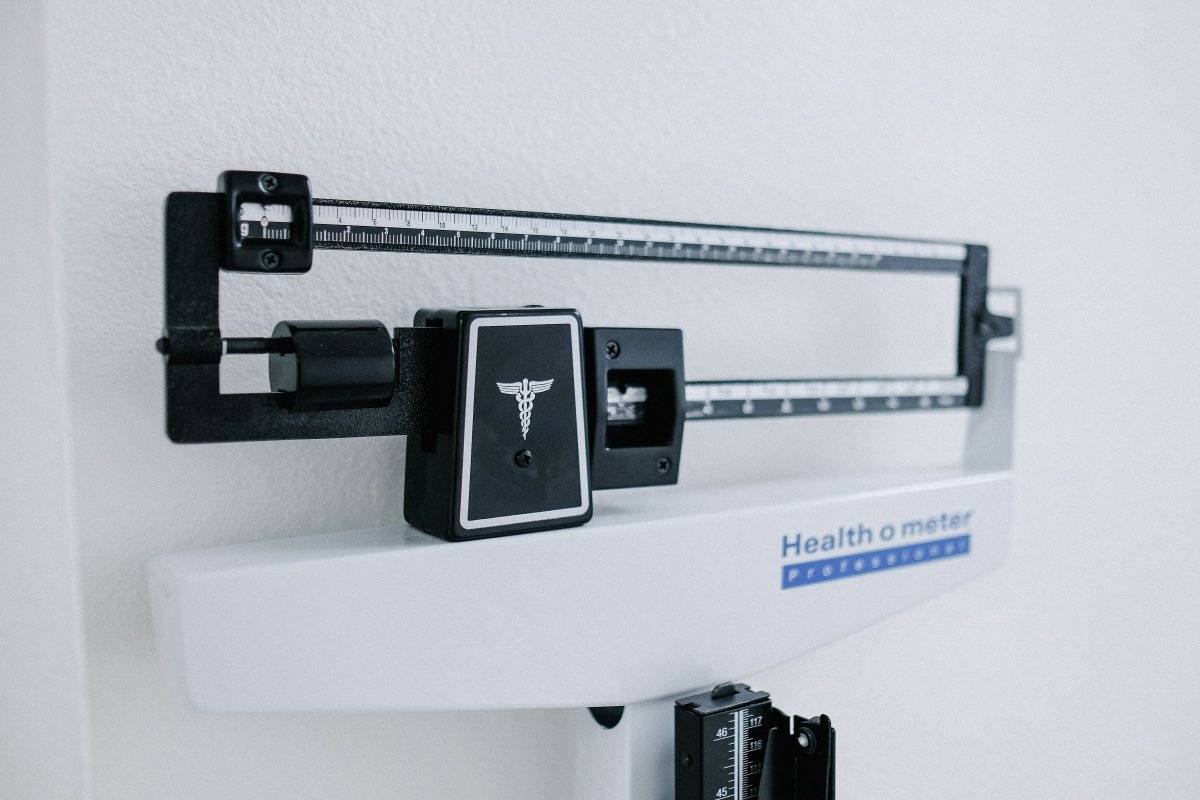Le lien entre les carences en vitamines et les troubles de l’humeur
Les troubles de l'humeur tels que la dépression, l'anxiété et les sautes d'humeur peuvent avoir un impact considérable sur la qualité de vie d'une personne. Bien que ces troubles aient souvent des causes complexes, des recherches récentes soulignent le rôle essentiel des carences en vitamines dans la santé mentale. Dans ce blog, nous explorerons les vitamines clés liées à la régulation de l'humeur, les suppléments recommandés et les ajustements du mode de vie pour soutenir le bien-être mental.
Vitamines clés affectant l'humeur
-
Vitamine D
Souvent appelée la « vitamine du soleil », la vitamine D est essentielle à la santé du cerveau. De faibles niveaux ont été associés à la dépression et au trouble affectif saisonnier (TAS). La vitamine D aide à réguler l'humeur en favorisant la production de sérotonine, un neurotransmetteur qui affecte le sentiment de bien-être. -
Complexe de vitamines B (B6, B9, B12)
Les vitamines B jouent un rôle crucial dans le fonctionnement du cerveau et la production de neurotransmetteurs. Carences en : -
La vitamine B6 (pyridoxine) peut entraîner de l’irritabilité et de la dépression.
-
La vitamine B9 (folate) est associée aux troubles de l’humeur et au déclin cognitif.
-
La carence en B12 (cobalamine) est liée à la fatigue, à la dépression et aux problèmes de mémoire.
-
Vitamine C
Connue pour ses propriétés de renforcement du système immunitaire, la vitamine C contribue également à la santé mentale. De faibles niveaux peuvent entraîner de la fatigue et des troubles de l'humeur en raison de son rôle dans la synthèse des neurotransmetteurs. -
Magnésium (techniquement un minéral, mais qui mérite d'être mentionné)
Le magnésium aide à réguler le système nerveux et peut influencer l'humeur. Une carence en magnésium peut provoquer des symptômes tels que l'anxiété, la dépression et l'irritabilité. -
Acides gras oméga-3
Bien qu’ils ne soient pas des vitamines, les oméga-3 sont essentiels à la santé du cerveau et à la régulation de l’humeur. Ils réduisent l’inflammation et soutiennent la structure des cellules cérébrales.
Compléments alimentaires recommandés
-
Vitamine D3 : 1 000 à 2 000 UI par jour, en particulier chez les personnes ayant une exposition limitée au soleil.
-
Suppléments de complexe B : Un supplément équilibré de complexe B peut favoriser la santé globale du cerveau.
-
Vitamine C : 500-1000 mg par jour pour maintenir des niveaux optimaux.
-
Glycinate ou citrate de magnésium : 200 à 400 mg par jour, connu pour une meilleure absorption et des effets calmants.
-
Huile de poisson oméga-3 : 1000 mg d’EPA et de DHA combinés par jour.
Remarque : consultez toujours un professionnel de la santé avant de commencer un nouveau régime de suppléments.
Chez Rightangled, nous proposons une multitude de produits vitaminiques qui peuvent vous aider à combler vos éventuelles carences. Ils couvrent les multivitamines générales, les nutriments axés sur l'immunité et même les nutriments pour la grossesse et la ménopause. Découvrez certaines de nos collections ci-dessous.
Santé générale Vitamines et suppléments
Compléments et vitamines pour femmes
Compléments et vitamines pour enfants
Conseils en nutrition et mode de vie
-
Alimentation équilibrée : Incorporez des légumes à feuilles vertes, des poissons gras, des œufs, des noix, des graines, des agrumes et des céréales complètes pour garantir une large gamme de nutriments.
-
Exercice régulier : L’activité physique augmente les endorphines et favorise le bien-être mental.
-
Exposition au soleil : essayez de vous exposer au soleil pendant 10 à 30 minutes par jour pour augmenter vos niveaux de vitamine D.
-
Gestion du stress : Des pratiques telles que la méditation, la respiration profonde et le yoga peuvent aider à gérer le stress et à améliorer l’humeur.
-
Sommeil adéquat : essayez de bénéficier de 7 à 9 heures de sommeil de qualité par nuit pour favoriser votre santé mentale.
Réflexions finales
Les carences en vitamines peuvent avoir une influence significative sur les troubles de l’humeur, mais elles ne constituent qu’une partie du problème. Le traitement de ces carences par le biais d’un régime alimentaire, de suppléments et de changements de mode de vie peut apporter des améliorations notables. Cependant, les problèmes d’humeur persistants doivent être évalués par un professionnel de la santé afin d’écarter les affections sous-jacentes et d’élaborer un plan de traitement complet.





Partager:
Buvez-vous votre café au bon moment ?
La méthode de l'assiette : un guide simple pour une alimentation saine et perdre du poids